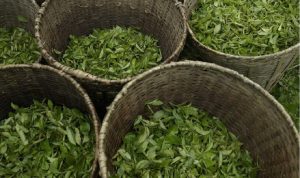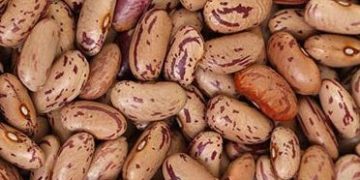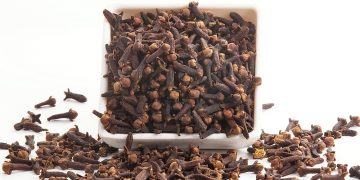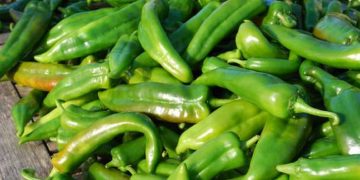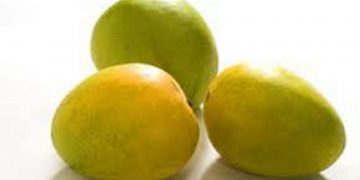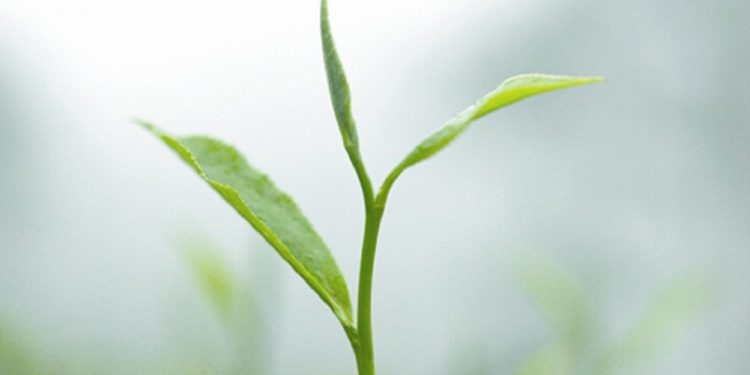Darjeeling tea, found in the hills of West Bengal, is a global beverage in high demand due to its rare and rich flavor. First planted in the early 1800s, it is produced in certain tea gardens in hilly Darjeeling. Currently, 87 tea gardens there cultivate, grow or produce this tea. Its incomparable quality is the result of its locational climate, soil conditions, altitude and meticulous processing. Its rare flavour is due to a combination of plant genes, soil chemistry, elevations, temperature and rainfall in Darjeeling. Certain agricultural practices help sustain the growth of shoots, while maintaining bush heights suitable for manual plucking. This tea plant grows up to 2.5 meters high and takes 1-6 years to mature. Its economic life span is over 100 years and it withstands severe winters, extended droughts and the high altitudes. A Darjeeling tea bush yields only 100 gms of made tea in a year. Each kg of fine tea consists of more than 20,000 individual handpicked shoots. Much human effort goes into its production.
